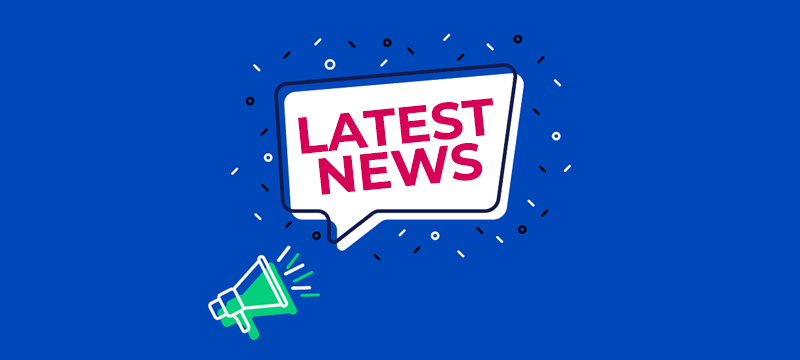Welcome to our latest round-up of news from the technology and hosting world. Here’s what we’ve discovered this week.
eukhost sponsors free SSL provider, Let’s Encrypt
eukhost has become an official sponsor of Let’s Encrypt, the non-profit certificate authority that issues free Domain Validation SSL certificates to websites.
SSL certificates are necessary because they validate a website’s authenticity and encrypt data, including financial details, sent between a user’s browser and the web server. Organisations need SSL if they accept payments on their website, while sites with them installed benefit from being labelled secure on browsers. They can also result in improved search engine rankings.
As a web host, we’re proud to sponsor Let’s Encrypt as we fully share their aim of making the internet a safer place for both users and website owners. Making this type of SSL certificate free to use so that more websites will install them, is a much-needed way to improve online security.
Security scanners evolve
US security company, Evolv, has launched a new type of security scanner for use in public buildings. It’s designed to improve the detection of weapons and reduce the bottlenecks caused by queues of people waiting to be scanned.
Instead of using metal detectors, which react to all types of metal being carried by people, Evolv scanners use a combination of radar, artificial intelligence and machine learning. These enable it to tell the difference between innocent objects like coins or belts and those like guns and knives. The algorithms created by Evolv can interpret shapes and can even detect the tiny shards of metal used to make fragment bombs. Particularly attractive to venues is the fact that people don’t have to pass through them one at a time, the scanners are much wider and can even be discretely fitted into door casements and entrances.
What’s more, Evolv scanners are IoT devices. Every time a new scan is undertaken by any of its devices, the data is analysed and, through machine learning, new threats are discovered and detection capabilities improved. Every scanner on the company’s system can then immediately benefit from these improvements.
Fibre, fibre, everywhere
The UK government is considering changes to legislation that would enable broadband companies to lay fibre cables inside infrastructures belonging to other utilities, such as those owned by gas, electricity and water companies. The proposal could save companies like BT and Virgin Media up to £8 billion and, importantly, speed up the roll-out of high-speed broadband to all areas of the UK.
The potential to run fibre cables inside existing infrastructure like sewers, water and gas pipes and alongside electricity cables, means construction work, together with the delays and inconvenience it causes, would be much reduced. It also vastly reduces the investment needed, helping keep costs down for the consumer. While the government is keen on the idea, those having to lay the cables are not so sewer!
AI keeps back-to-workers safe
While desk jobbers are being told to work from home permanently, for millions of others, the lifting of restrictions means a return to the workplace. It won’t, however, be a return to normal, as social distancing and other health and safety rules come into play. Learning from its own experiences of keeping staff at work during the lockdown, Indian company, Infosys, has developed a platform to help companies keep the working environment as safe as possible.
The cloud-based platform combines AI and video scanning with the use of wearables and GPS to provide a number of different services. These include real-time body temperature scanning, employee contact tracking, contactless biometrics, occupancy analytics and video analysis of social distancing and facemask wearing – with alerts.
The comprehensive suite of tools could be a shrewd investment for companies desperate to get up and running, especially if there is a long-term need for this level of monitoring.
UK planning digital data free trade agreements
While the pandemic kicked Brexit off the front pages, the Department for International Trade has been busy in discussions with the eleven members of the CPTPP about creating a digital single market between it and the UK.
The countries which are signed up to the CPTPP (Comprehensive and Progressive Agreement for Trans-Pacific Partnership) include Japan, Australia, Canada and Singapore. A free trade agreement that enables the free-flow of data between the UK and these countries could be exceptionally beneficial for UK companies.
The EU will, however, remain a hurdle. To ensure that critical data transfers between the UK and EU are not blocked, any arrangements with the CPTPP would need to be GDPR compliant. This is an issue that is also a stumbling block in UK-US trade deal negotiations.
Visit our website for more news, blog posts, knowledge base articles and information on our wide range of hosting services.



